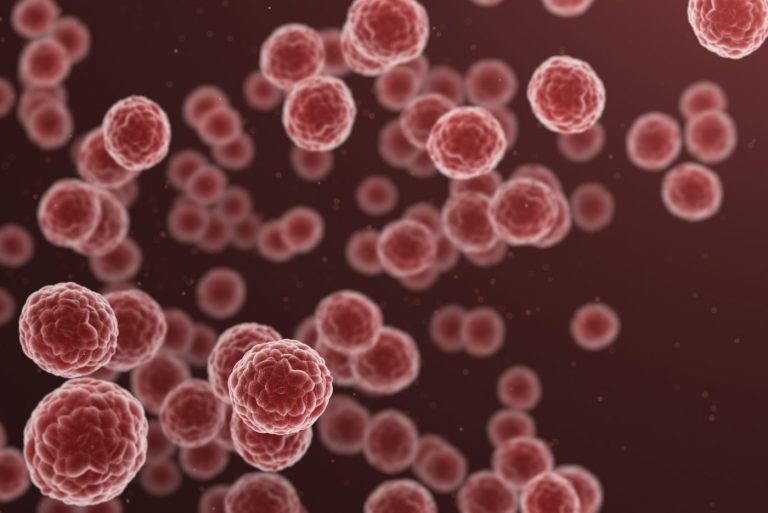
Researchers in the Pelotonia Institute for Immuno-Oncology (PIIO) at The Ohio State University Comprehensive Cancer Center—Arthur G. James Cancer Hospital and Richard J. Solove Research Institute (OSUCCC – James) observed the differences in intratumoral immune responses between male and female cancers of non-reproductive origin.
The new study is published in the journal Science Immunology.
The focus of this research was the T cell immune response to malignancy, a key determinator of outcomes in cancer and an important target that has contributed to the renaissance of cancer immunotherapy seen in recent years. The study reported a landmark finding describing how male sex hormones contribute to cancer-related sex bias via the modulation of CD8+ T cells—a population of cells often referred to as cancer “killer” cells, which mediate adaptive immunity and are critical for mounting an anti-tumor response.
“Collectively, these findings highlight androgen-mediated promotion of CD8+ T cell dysfunction in cancer and suggest broader implications for therapeutic development to address sex disparities in health and disease,” explained senior study investigator Zihai Li, MD, PhD, a cancer immunologist, medical oncologist, and founding director of the PIIO at OSUCCC—James.
Androgens are sex hormones more highly present in males. This study revealed that CD8+ T cells from cancers in male subjects, including human patients and mice, are more likely to have characteristics of a weakened anti-tumor immune function, also known as “exhausted” T cells. Androgen signaling promotes the progenitor exhausted CD8+ T cell phenotype via modulating the expression of TCF1, a master regulator of CD8+ T cell function.
“We established a role for CD8+ T cell-dependent anti-tumor immunity in mediating sex differences in tumor aggressiveness, which is driven by the gonadal androgen but not sex chromosomes. A male bias exists in the frequency of intratumoral antigen-experienced Tcf7/TCF1+ progenitor exhausted CD8+ T cells that are devoid of effector activity as a consequence of intrinsic androgen receptor (AR) function,” the authors wrote. “Mechanistically, we identified a novel sex-specific regulon in progenitor exhausted CD8+ T cells and a pertinent contribution from AR as a direct transcriptional trans-activator of Tcf7/TCF1. The T cell-intrinsic function of AR in promoting CD8+ T cell exhaustion in vivo was established using multiple approaches, including loss-of-function studies with CD8-specific Ar knockout mice. Moreover, ablation of the androgen-AR axis rewires the tumor microenvironment to favor effector T cell differentiation and potentiates the efficacy of anti-PD-1 immune checkpoint blockade.













